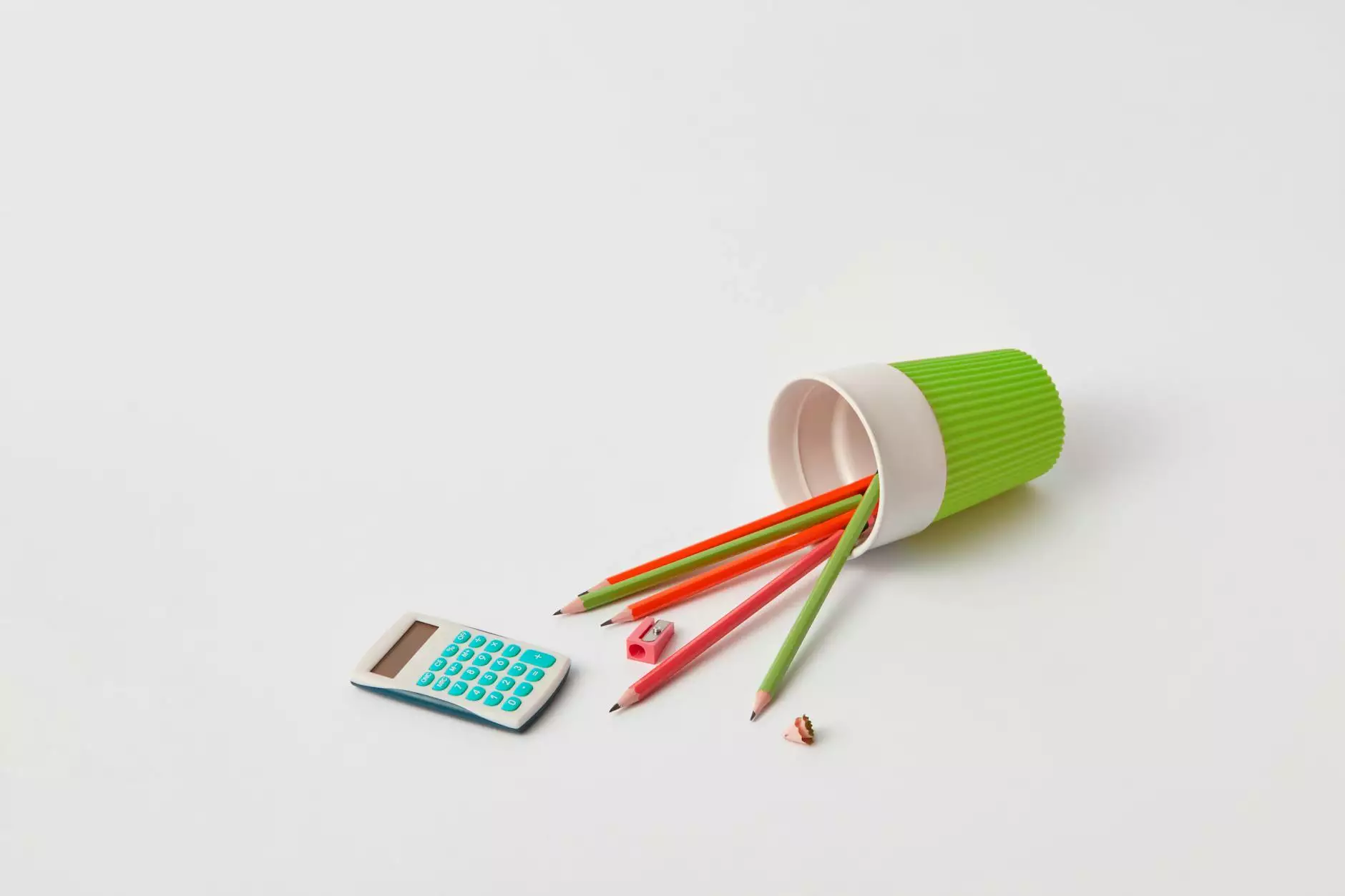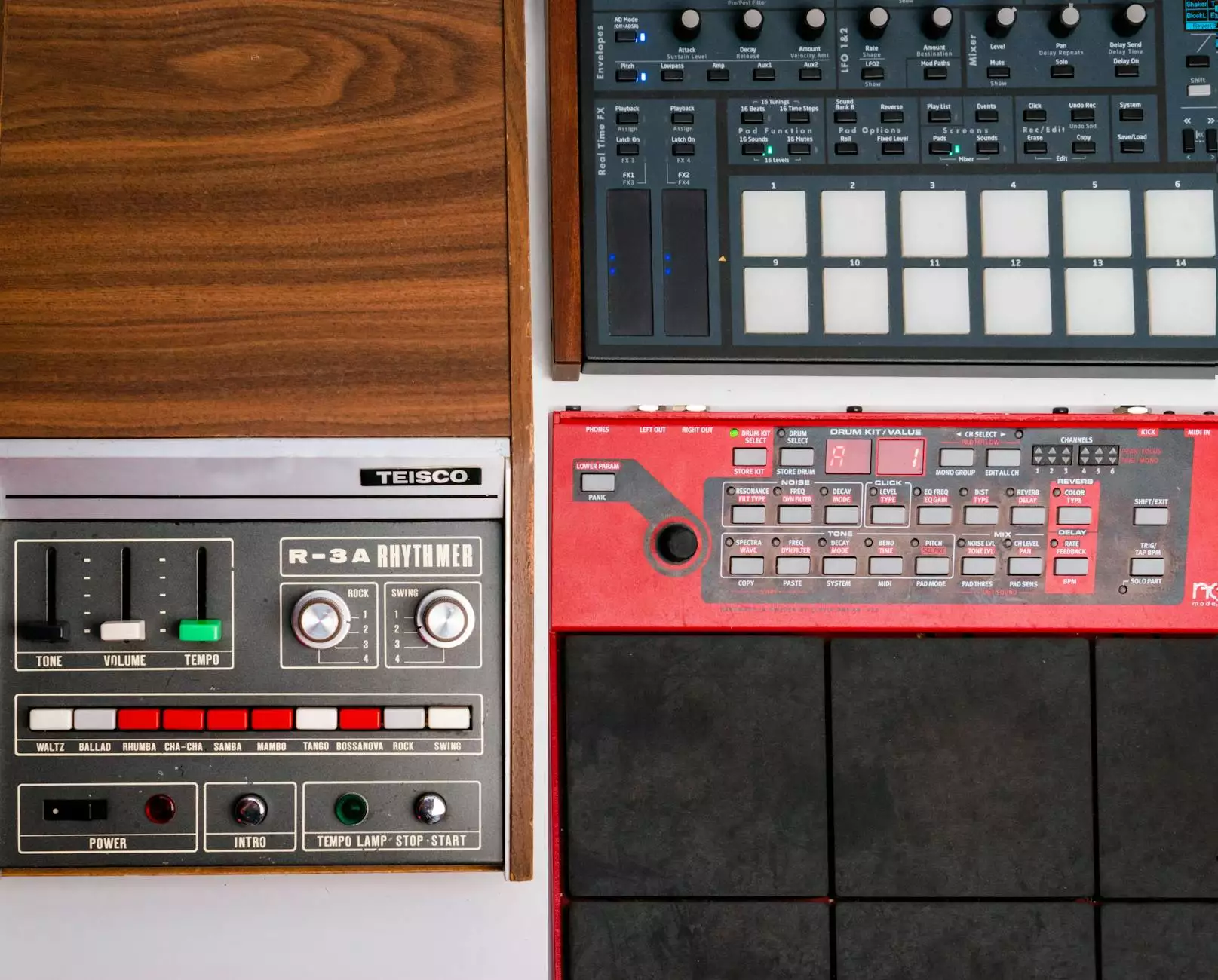Elevating Your Culinary Experience: The Art of Knife Sharpening

When it comes to culinary excellence, the tools you use can significantly influence the outcome of your dishes. A sharp knife is not just a luxury; it is a necessity for both professional chefs and home cooks alike. At https://www.szblade.com/, we specialize in professional knife sharpening services, ensuring that your kitchen tools are in optimal condition for every slice, chop, and dice.
Why Knife Sharpening is Essential
Knife sharpening is often overlooked in kitchens, yet it is one of the most critical maintenance tasks a cook can undertake. Here are some reasons why keeping your knives sharp is essential:
- Safety: A sharp knife is a safe knife. Dull knives require more force to cut through food, which increases the risk of slips and accidents.
- Efficiency: Sharp knives cut through ingredients easily, saving you time in the kitchen. This efficiency translates into a smoother cooking process.
- Quality: The precision of a sharp knife enhances the quality of your cuts. This, in turn, can impact the cooking process, leading to better flavor and presentation.
- Longevity: Regular sharpening extends the life of your knives. Neglecting this essential maintenance can lead to damage or the need to replace your tools more frequently.
The Science Behind Knife Sharpening
Understanding how knife sharpening works is crucial to appreciating its importance. When a knife blade is used, it gradually becomes dull due to micro-chipping and deformation of the edge. This degradation is exacerbated by the type of materials the blade is cutting and the techniques used. To restore the original sharpness, a knife is sharpened, which involves grinding the blade to create a new edge.
Sharpening Methods: There are several methods used to sharpen knives, each with its pros and cons:
- Whetstones: This traditional method involves manually sharpening the blade on a stone. It provides precise control and can produce a very sharp edge.
- Honing Rods: Often confused with sharpening, honing realigns the blade's edge and is used regularly to maintain sharpness.
- Electric Sharpeners: While they offer convenience, electric sharpeners can sometimes remove more material than necessary, shortening the knife's lifespan.
- Professional Services: Hiring a professional knife sharpening service, like those offered at https://www.szblade.com/, ensures expert handling and optimal results.
Choosing the Right Knife Sharpener
When it comes to knife sharpeners, choosing the right one can make a significant difference. Consider the following factors:
- Type of Knife: Different knives may require different sharpening techniques. A chef's knife, for example, has a different edge than a serrated knife.
- Frequency of Use: If you use your knives frequently, investing in a high-quality sharpener or professional service is advisable.
- Skill Level: If you are a beginner, starting with a honing rod or a simple electric sharpener may be best until you gain confidence.
The Benefits of Professional Knife Sharpening Services
Utilizing professional knife sharpening services, such as those provided by https://www.szblade.com/, offers numerous benefits:
- Expertise: Professionals have the training and experience to sharpen knives effectively and safely, ensuring that your knives are in peak condition.
- Precision: With advanced equipment like precision sharpening machines, professionals can achieve angles and edges that may be difficult to replicate at home.
- Convenience: Instead of spending time learning to sharpen knives yourself, you can focus on what you love—cooking—while the professionals handle the upkeep of your tools.
- Restoration: Professionals can restore even severely damaged blades, bringing them back to function with finesse.
FAQs About Knife Sharpening
How often should I sharpen my knives?
The frequency of sharpening depends on usage. For avid cooks, a monthly sharpening is recommended, while home cooks may find biannual sharpening sufficient.
Can I sharpen my knives at home?
Yes, many people sharpen their knives at home using whetstones or honing rods. However, for optimal results, professional sharpening is advisable.
What is the difference between sharpening and honing?
Sharpening removes material to create a new edge, while honing aligns the existing edge. Hone your knives regularly and sharpen them when significantly dulled.
What type of stones are best for sharpening?
Oil stones, water stones, and diamond stones each have unique benefits. Water stones are preferred for their fast cutting and ease of use, while diamond stones offer durability.
Conclusion: Invest in Your Culinary Craft
In conclusion, knife sharpening is not merely a chore; it is an investment in your culinary craft. By ensuring that your tools are sharp, you enhance not only your own cooking experience but also the enjoyment of those who share in your culinary creations. Choosing professional services, like those offered at https://www.szblade.com/, will elevate your kitchen setup and ensure that you always have the right tool for the job. Don't underestimate the power of a well-sharpened knife – it can make a world of difference in your cooking.
With the right care and maintenance, your knives will serve you well for years to come, allowing you to pursue culinary excellence with confidence and precision.









